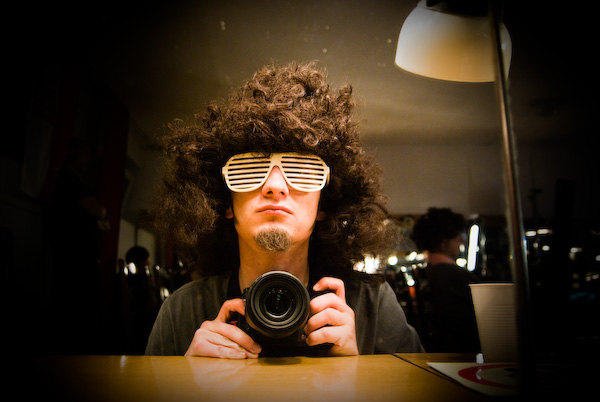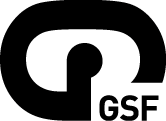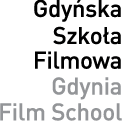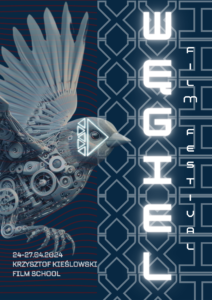To tell stories and provoke emotions
About his way to Hollywood, one important question and making films in his spare time tells Jan Wilkiewicz – a young filmmaker from Sopot, whose documentary got much interest at Polish and foreign film festivals.

Why did you become a filmmaker?
It is a passion. I love to tell stories and express emotions using images and sounds. I am passionate both about the documentaries and the feature movies. Simply, I would like my each next film to be better than the previous ones.
What was your route to the film industry?
My interest in films started to develop when I was in the middle of the secondary school. At that time I spent my vacation in the USA. Travelling through the States by car, I visited Hollywood for the first time and decided that I would return there one day. I took loads of pictures during that trip. When my uncle saw them, he encouraged me to perpetuate the world in frames. This is how it started.
Taking pictures at first, eventually I decided to use the video camera. Graduating from the secondary school I faced the selection of my professional career. I decided to become an engineer, pursuing towards the sound and image engineering.
My actual affair with the movies started while making a short 3-D and surround sound film for my diploma examination. It was a team work for three people. A problem appeared when it turned out that none of us had ever been on a professional film set. Then the Pomeranian Film Workshop organized by the Pomeranian Film Foundation in Gdynia came to rescue. A friend of mine, who was one of our diploma team learned about the Workshop by accident but, alas, on the last day before the deadline for submitting applications which should contain among other things a short script. This meant writing three scripts, preparing CVs, gathering portfolios of our works and sending all this within a couple of hours. We decided to send an email to the organizers describing our situation. We asked for the opportunity of participating in at least one shooting day. We were pleasantly surprised by the response from Jurek Rados, the founder and creator of the workshop. He accepted us as auditors for the whole duration of the Workshop.
This training enabled us to learn all the stages of professional film making, from script writing through to post-production. We learned a lot by watching professionals at work. Such workshop is a perfect point of departure for a fresh filmmaker.
What kind of films are required by the wide audience these days?
Each person expects something else from the movies. I am under the impression that nowadays, when people constantly live on the run, they go to the movies to escape from the reality of the surrounding world. They like to escape into visually beautiful, simple and pleasant stories, fictional rather than documentary. I think that apart from such mainstream movies, there is also a growing demand for more ambitious productions.
‘The Question’, the film you co-authored has been accepted to the Short Film Corner festival in Cannes. What do you think was the key to impress the qualification committee?
I believe that these days, when everything has been filmed already, the only way to impress your audience is to show an exceptional approach to the topic.
How did the viewers react to this movie?
Directly after the screening the viewers were overflowing with positive opinions and discussed the question from the title. It was great to watch my work trigger such emotions.
What is it like to watch your own movie on the big screen in Cannes?
Even the sole trip to the Cannes festival with your own movie is a wonderful feeling.
How did you come up with the idea for this movie?
On one winter evening, Jacek, a friend of mine, sent me a film which led me to the idea of creating a movie based on one question inducing many answers.
The questions were answered both by Poles and foreigners. Did you notice any significant differences in their responses?
The main difference between the Poles and the foreigners is that the foreigners appeared far more open.
Is it difficult do obtain a frank answer ad hoc in the city centre?
In order to obtain the most frank and spontaneous response, we decided not to disclose the question before asking it in front of the camera. We told people that if they would not like the question, we could delete the recording in their presence. Each of these answers was exceptionally interesting and we did not delete any.
How many people were involved in creating this movie?
We managed it ourselves with Jacek at the film set. I edited the film, Jacek and his colleague Artur wrote the music and this way ‘The Question’ was created. The filming itself took only one day but the postproduction dragged for several months as the film was being created in the so-called ‘spare moments’.
Do you need professional equipment to create a good movie?
A good idea and consistent execution of the author’s vision is far more important than the equipment. Without an interesting idea, even the best possible equipment will not make a good movie.
Thank you.
Interviewed by Monika Rogo



